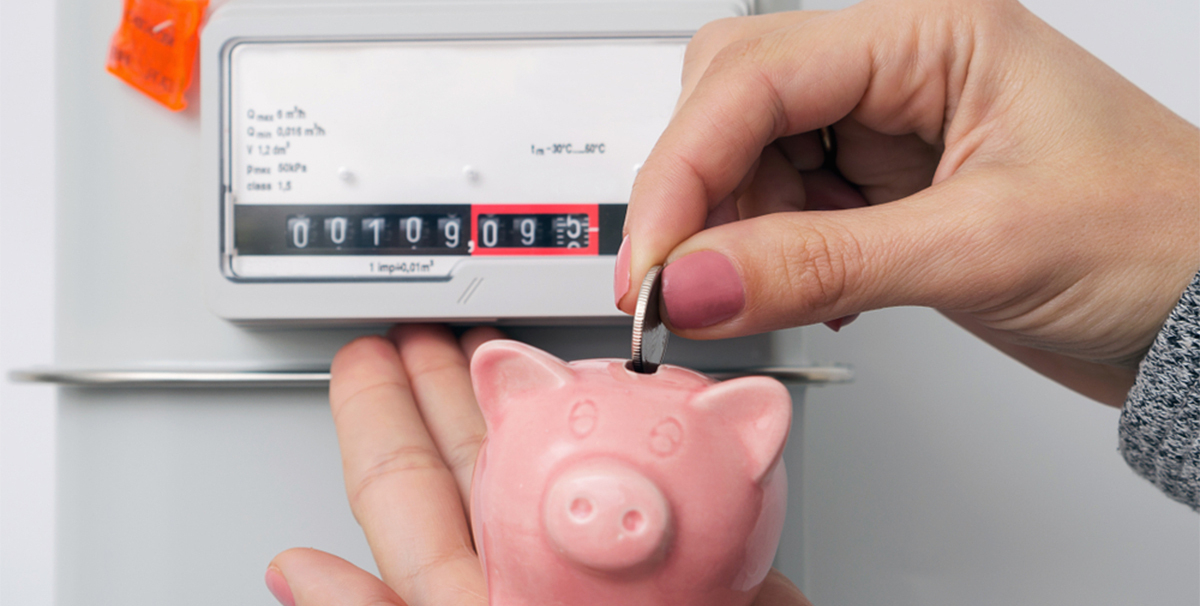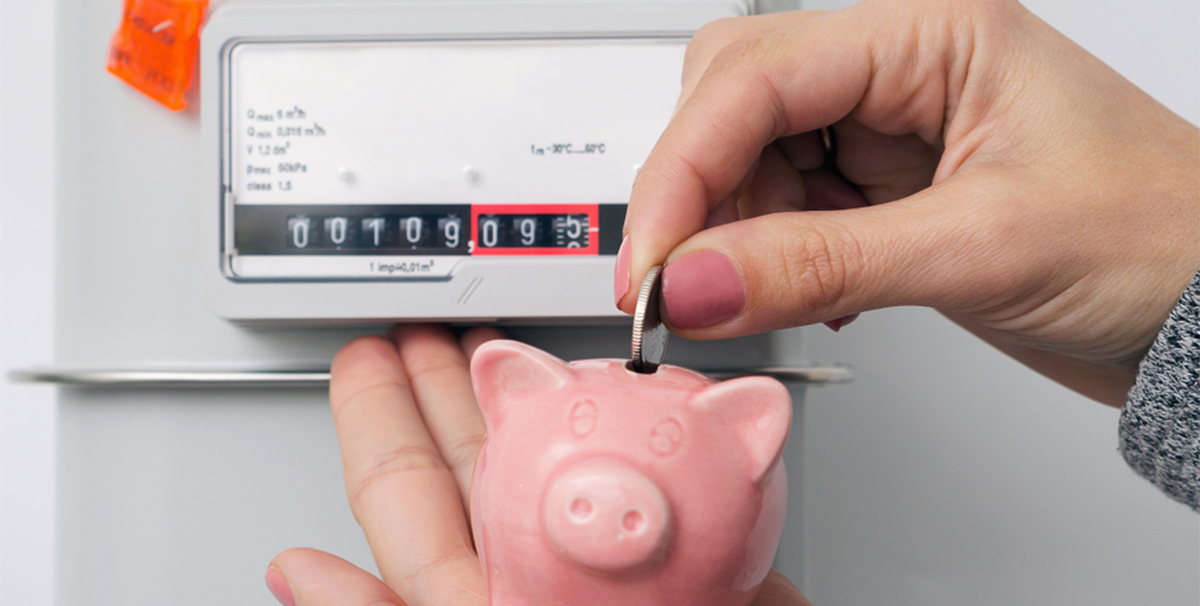Frugal Living Tips for Singles, Couples & Seniors


Saving money is something everyone can benefit from, whether you’re living alone, with a partner, or enjoying your senior years. Frugal living is all about being intentional with your spending while still enjoying life. By making mindful decisions and focusing on the essentials, you can live comfortably without breaking the bank. Whether you're new to saving or looking to refine your approach, these frugal living tips are practical and easy to implement.
No matter your life stage or living situation, there are simple ways to cut costs and make the most of your money. These tips apply to singles, couples, and seniors alike. If you're just starting your frugal living journey or need a refresher, here are some foundational habits to get you going:
A solid budget is key to frugal living for anyone. Tracking your income and expenses ensures that you understand where your money is going and can adjust accordingly.
Dining out regularly can add up quickly. Cooking your meals at home not only saves money but also offers better control over what you’re eating.
Buying in bulk is one of the best frugal living tips and tricks for saving money. You’ll pay less per unit for things like rice, pasta, or cleaning supplies, reducing the number of trips to the store.
Before making any purchase, take a moment to look for coupons, deals, or cashback offers. Apps like ours, LiveOff Coupon, make it easier than ever to find discounts.
Impulse buys can quickly derail a budget. Learn to wait before making a purchase, this simple step helps avoid unnecessary expenses.
Meal planning helps reduce food waste and cuts down on the number of last-minute, expensive grocery trips. You can plan meals around what’s on sale or use what’s already in your pantry.
Energy efficiency isn't just good for the planet, it’s great for your wallet too! Turn off lights and unplug appliances when you’re not using them.
Repairing things yourself, making your gifts, or even crafting household items instead of buying them can save a lot of money. There are plenty of online resources to help you.
Tip
Description
Potential Savings Estimate
Make a Budget
Track your income and expenses each month to identify areas where you can save.
$50–$200/month, depending on lifestyle and spending habits.
Cook at Home
Save money by preparing your meals rather than dining out. It’s healthier and more affordable.
$100–$300/month (depending on how often you eat out).
Buy in Bulk
Purchase essentials in bulk to reduce the price per unit and limit trips to the store.
$30–$100/month on staple items.
Use Coupons and Deals
Take advantage of online coupons, cashback offers, and sales to reduce your purchase costs.
$20–$50/month (depending on shopping habits).
Avoid Impulse Buying
Before making an unplanned purchase, pause and reconsider if it’s something you truly need.
$50–$100/month (depends on impulse buying frequency).
Plan Your Meals
Plan your meals for the week to avoid food waste and save money on groceries.
$20–$70/month.
Use Energy Wisely
Switch off lights and unplug electronics to reduce your utility bills.
$15–$50/month.
DIY When You Can
Save money by repairing items at home or creating gifts and decorations yourself.
$20–$100/month, depending on how much DIY you do.
Estimated Total Savings per Month: $250 - $900
If you're living alone, you have the flexibility to make decisions based solely on your preferences and needs. Frugal living for singles can often be easier because you’re only responsible for your expenses. However, it’s still important to make intentional choices to ensure you’re maximizing savings. Here are some great tips:
If you live alone, consider downsizing to a smaller apartment or house. Lower rent or mortgage costs, plus reduced utility bills, will free up more of your income.
Instead of paying for individual streaming services or subscriptions, share the costs with a friend or family member. It’s a great way to access more content for less.
Cars can be expensive with gas, maintenance, and insurance. Using public transportation or walking not only saves money but also reduces your environmental impact.
Secondhand shopping is a fantastic way to find clothing, furniture, and books for a fraction of the cost. Don’t overlook thrift stores, online marketplaces, or yard sales.
Choose hobbies that don’t require expensive equipment or fees. Hiking, writing, or learning a new skill online are all great options that won’t break the bank.
Tip
Description
Potential Savings Estimate
Downsize Your Living Space
Consider renting a smaller apartment or house. Lower rent, utility costs, and maintenance will free up more income.
$200–$500/month (depending on the difference in rent and utilities).
Share Subscriptions
Split costs for services like streaming, apps, or magazine subscriptions with a friend or family member.
$10–$50/month.
Use Public Transport or Walk
Save on car-related expenses like gas, insurance, and parking by using public transport or walking for shorter trips.
$100–$300/month (depending on how much you use your car).
Buy Secondhand
Purchase used items like clothes, furniture, or electronics to save money.
$30–$150/month (depending on how often you buy secondhand).
Keep Simple Hobbies
Choose hobbies that don’t require expensive equipment or fees, such as hiking, reading, or learning a new skill online.
$20–$100/month (if you’re replacing expensive hobbies).
Estimated Total Savings per Month: $360 - $1,100
Living with a partner can provide an opportunity to pool resources and save together. Frugal living tips for couples focus on shared responsibilities, planning, and splitting costs effectively. Here are some tips for making the most of your joint finances:
Shopping together helps prevent duplicate purchases and can save money by buying in bulk or choosing shared products.
If you’re living together, splitting household bills (rent, utilities, etc.) is a fair way to divide costs and ensure that both partners are contributing.
Cooking large meals allows you to have leftovers for lunches or dinners throughout the week, saving you time and money.
You don’t need to spend a lot of money to enjoy time together. Try free or low-cost activities like hiking, home movie nights, or exploring local parks.
Working together towards mutual frugal living goals helps keep you both accountable. Celebrate small victories, like reaching savings milestones or sticking to your budget.
Tip
Description
Potential Savings Estimate
Combine Shopping Lists
Shop together to avoid duplicate purchases and buy in bulk.
$50–$150/month.
Split Bills Fairly
Share expenses like rent, utilities, and groceries to ensure both partners are contributing equally.
$200–$500/month (depending on income and living expenses).
Cook Extra Meals for Leftovers
Make larger meals to have leftovers for later, saving you time and money.
$50–$100/month.
Plan Dates on a Budget
Enjoy low-cost or free activities like hiking, movie nights at home, or community events instead of expensive outings.
$50–$150/month.
Support Each Other’s Saving Goals
Help motivate each other to stick to a budget and contribute to shared savings goals.
$100–$300/month (depending on joint goals and efforts).
Estimated Total Savings per Month: $450 - $1,200
For seniors, frugal living often means finding ways to cut costs on fixed incomes. Whether you’re retired or nearing retirement, the goal is to live comfortably while keeping expenses in check. These frugal living tips for seniors can help you stretch your budget without sacrificing quality of life:
Many seniors find that moving to a smaller home or apartment reduces their housing and maintenance expenses. It also reduces energy costs, making it a smart choice for those on a fixed income.
Regularly check your utility, insurance, and subscription services for cheaper alternatives. You might be able to cut out unused services or switch to more affordable plans.
Many businesses offer discounts for seniors. Always ask if a senior discount is available, whether at restaurants, theaters, or retailers.
Switching to energy-efficient appliances and LED light bulbs can save you money on your electric bill over time. It’s a small investment with long-term benefits.
A small garden can provide fresh herbs and vegetables at little cost. It’s an enjoyable and rewarding way to save money on groceries.
Many cities offer discounted senior transit passes. If you can, take advantage of these discounts or consider walking for short trips to save on transportation.
It’s easy to get caught up in credit card debt, but staying debt-free is key to maintaining financial peace. Pay with cash or debit instead of credit whenever possible.
Tip
Description
Potential Savings Estimate
Downsize Your Home
Moving to a smaller place can reduce rent/mortgage, maintenance, and utility costs.
$300–$800/month (depending on the difference in housing costs).
Review Your Monthly Bills
Check your insurance, utility, and subscription services for cheaper alternatives or cancellations.
$50–$200/month.
Use Senior Discounts
Take advantage of senior discounts for dining, transportation, and other services.
$20–$100/month (depending on how often you use discounts).
Use Energy-Efficient Devices
Switch to energy-efficient appliances, such as LED bulbs and energy-saving fridges, to reduce energy bills.
$10–$50/month.
Grow Your Food
Growing a small garden can provide you with fresh herbs and vegetables at little to no cost.
$20–$100/month.
Limit Transportation Costs
Use senior transit passes or public transportation instead of relying on a car.
$50–$150/month.
Avoid Debt
Pay with cash or debit to avoid interest payments and fees on credit cards.
$50–$200/month (if you avoid accumulating debt).
Estimated Total Savings per Month: $500 - $1,600
Frugal living isn't just for one group of people; it benefits everyone. Whether you’re just starting out, in the middle of your career, or nearing retirement, these tips can help you save money and make smarter financial choices no matter your age or lifestyle. Here are some tips that work for people at any stage of life:
Setting up automatic transfers to your savings account is an easy way to consistently put money aside. It’s an effortless way to prioritize saving without having to think about it.
Learning more about frugal living can help you become more resourceful. Whether it’s reading blogs, watching videos, or talking to others about money-saving techniques, the more you know, the more you'll save.
Tip
Description
Potential Savings Estimate
Save Automatically
Set up automatic transfers to your savings account every time you get paid. This ensures consistent savings without thinking about it.
$50–$500/month (depending on income and savings goals).
Keep Learning
Continuously educate yourself on money-saving techniques by reading blogs, watching videos, or joining online communities.
$10–$50/month (you can find free resources online, but some premium ones may require a subscription).
Estimated Total Savings per Month: $60 - $550
By incorporating these frugal living tips into your routine, you’ll be able to save money and enjoy a more fulfilling lifestyle, whether you’re living solo, as a couple, or in your golden years. Frugal living is about making intentional decisions that allow you to live well without overspending, and with these tips, you’ll be on your way to financial security.
1. How do I start frugal living?
To start frugal living, create a budget, set savings goals, and reduce unnecessary spending. Cook at home, plan your meals, and shop with a list to avoid impulse purchases.
2. Is frugal living worth it?
Yes, frugal living is worth it. It helps you save money, pay off debt, and live more intentionally, leading to greater financial security and less stress.
3. What are some frugal living tips for beginners?
For beginners, start by budgeting, planning meals, and avoiding impulse buys. Use coupons, shop with a list, and consider buying secondhand items to save money.
4. What are some extreme frugal Living Tips?
Extreme frugal living involves downsizing your home, canceling non-essential subscriptions, using public transportation, and minimizing energy use to save as much as possible.

Hi! I’m a versatile writer with a strong desire to save money and help others do the same. I share practical life hacks, smart couponing strategies, and money management tips to help you make the most of every dollar.









































